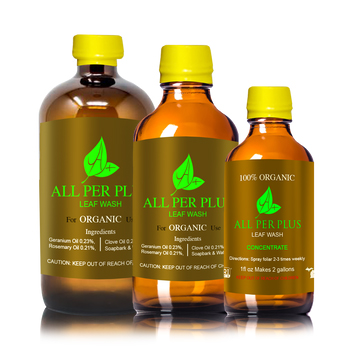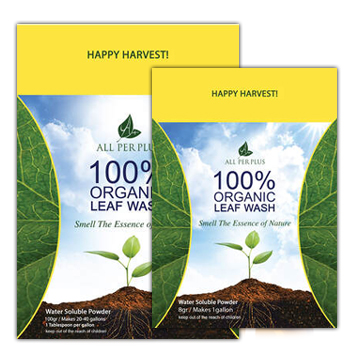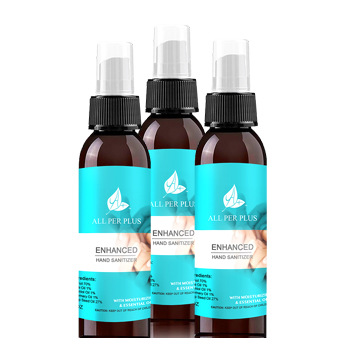ORGANIC VS CHEMICAL PESTICIDE.
Organic vs chemical pesticide. The use of organic pesticides is on the rise as more people are becoming aware of the potential dangers of chemical pesticides. Non toxic pesticides are plant-based, safe, and healthy for humans. They are just as effective as chemical pesticides, but may take a bit longer to work. Environmentally friendly pesticides do not contain any harmful chemicals that can be dangerous to humans, and are much safer for the environment because they don’t leave toxic residue behind.
Organic pesticides also work better than chemical ones because they target specific insects as opposed to a broad spectrum of insects that chemical ones do. Inorganic pesticides are made of metals or chemicals and are sometimes toxic to humans. Unnatural pesticides leave residue that can potentially cause problems for the environment like ground water run off. Natural pesticides usually work by interfering with the biology or behavior of the insects they target, such as suffocating and repelling them, rather than being toxic to the insects.
NON TOXIC pesticide is ideal
Environmentally friendly pesticide are generally less risky to humans and the environment than inorganic ones. Inorganic pesticides can cause a variety of health effects including birth defects, respiratory infections, skin lesions that result in breathing difficulties, male sterility, and abnormal brain development. Inorganic pesticides have not been linked to any negative health effects. In addition, natural organic pesticides require less time to biodegrade into harmless components as opposed to their synthetic counterparts. ORGANIC VS CHEMICAL PESTICIDE has always been a major concern.
Non toxic pesticide residues are also not persistent, meaning they break down rapidly in the environment. Non toxic pesticide are not regulated as much as their inorganic counterparts. This means that there are fewer standards for organic pesticide safety and efficacy. However, many organic pesticides have been researched by governmental agencies and universities to ensure their safety and efficacy before use. In addition, many countries have banned or restricted the use of some synthetic pesticides due to health risks while still allowing organic ones to be used in their place.
organic vs pesticide
In conclusion, organic pesticides offer a safer and more effective alternative to chemical pesticides. Plant-based, safe, and healthy for humans and are better for the environment. They target specific insects and do not leave toxic residue behind. They also require less time to biodegrade into harmless components. While there may be less standards for organic pesticide safety and efficacy, many have been researched and proven to be safe and effective before use.




